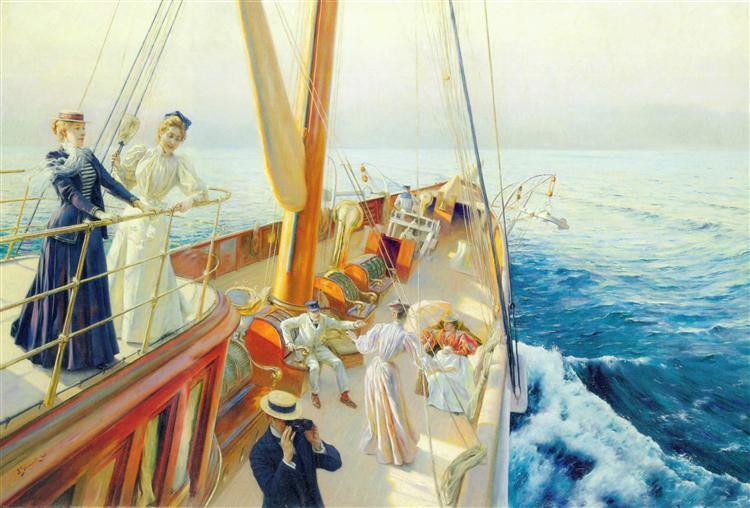Innocent Smith shoots at people with a pistol. But not in order to kill them. Rather, he does so “with the eccentric but innocent purpose of giving a wholesome scare” to individuals whom he thinks don’t value life enough. The brush with death bestows a new zest for life on the hapless target. In the same spirit, Smith tries to keep his own experience of life fresh by repeatedly eloping with his wife and breaking into his own house—so as to see these familiar entities as though for the first time.
Innocent Smith is the “holy fool” at the center of G.K. Chesterton’s novel, “Manalive”—a title that evokes a central theme of the work and, indeed, of much of Chesterton’s oeuvre, which is that we are most alive when we see the world with fresh eyes, when the ordinary springs to life before us as the strange and priceless gift that it is. This perspective takes work, however, and a constant reminding—a reminding that Chesterton is happy to provide. As is Innocent Smith. Using a pistol.






